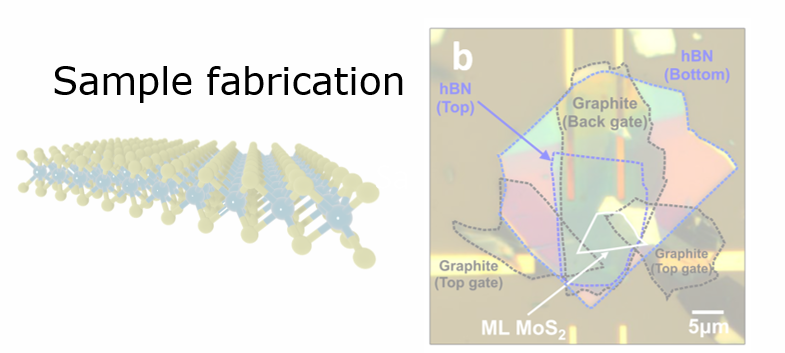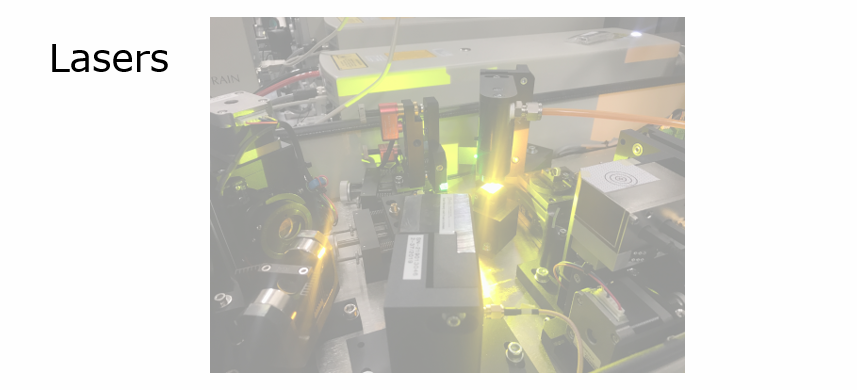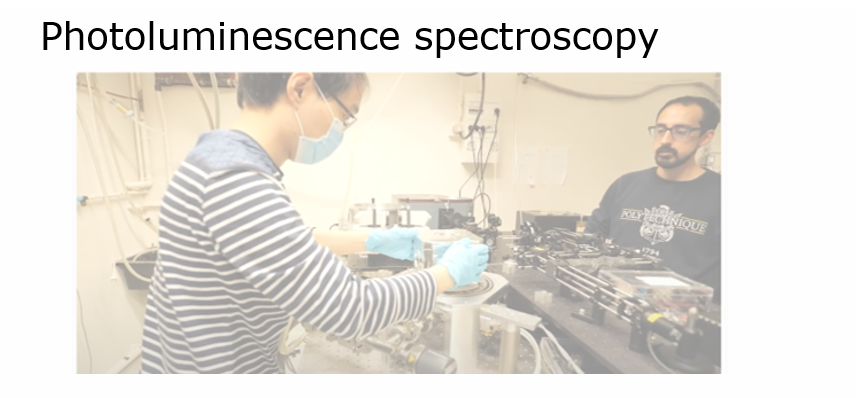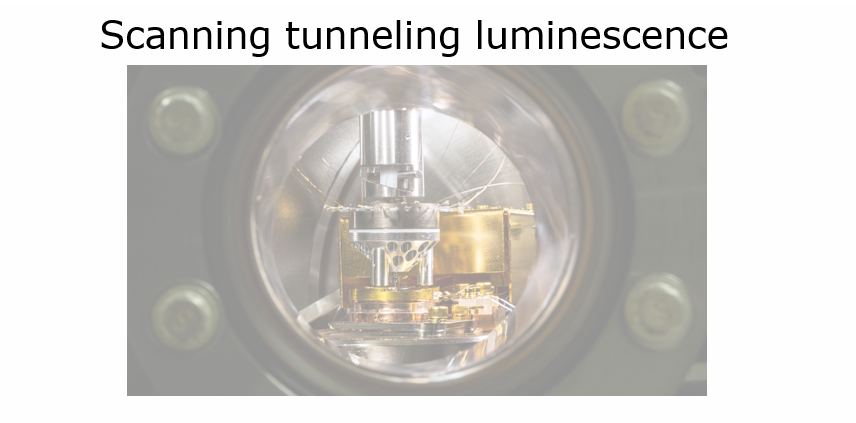OneSPIN
Atomic scale coherent manipulation of the electron spin in semiconductors
PI: Fabian Cadiz, Professor, Ecole polytechnique
Atomic scale coherent manipulation of the electron spin in semiconductors
PI: Fabian Cadiz, Professor, Ecole polytechnique
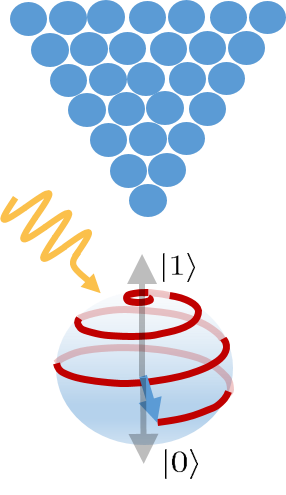
OneSPIN is a project funded by the European research council (ERC Starting Grant 2022). It lies at the junction of two active fields which are the engineering of optically-active point defects and the development of new local probe techniques. In this project we propose to coherently probe single electronic spins localized at point-centres in 2D semiconductors and to engineer their atomic environment. To achieve this ambitious goal, we will develop a novel approach based on a unique scanning tunneling microscopy technique which allows for the engineering, excitation and optical detection of single spin resonance. This approach provides a solution to the current lack of tools capable of simultaneously recording the atomic and electronic structure of defects, their optoelectronic response, and the coherence properties of their spins. The start date is January 1st, 2024 for a total duration of 5 years.
About the Principal Investigator : Fabian Cadiz is Professor at Ecole Polytechnique (IP Paris). He carried out his Ph.D. at the Laboratory of Condensed Matter Physics (Ecole Polytechnique/CNRS), and was awarded the École Polytechnique Thesis Award (2016). He then conducted a two year post-doc at Xavier Marie's group at LPCNO (Paul Sabatier University/INSA/CNRS). Since 2017, he has been building up a new research activity at IP Paris that explores the physics of novel 2D materials at the the Electrons Photons Surfaces Group . To develop this new activity, Fabian Cadiz was awarded a Young Researcher Grant from the French National Research Agency for the SpinCAT project (ANR Young researcher Grant, 2018-2023). His work has led to major contributions in the fields of spin physics in semiconductors, with the publication of articles in scientific journals such as Physical Review Letters, Nature communications, Nano Letters, and 2D materials. For a full list of publications, click here.
The OneSPIN project will be guided by the P.I. with the support of the 2D materials activity of PMC. Below is a list of people directly involved in this topic.
PERMANENT STAFF
Fabian CADIZ , Professeur at Ecole polytechnique
Fausto SIROTTI , CNRS researcher
Natalia ALYABYEVA , CNRS research engineer
Alistair ROWE , CNRS researcher
Ph.D. STUDENTS AND POSTDOCS
Antoine BOREL, Post-doc financed by OneSPIN
Michele PERLANGELI, Post-doc financed by OneSPIN
Leonard SCHUE , Postdoc at Ecole polytechnique
Gyeongjun LEE , 3rd year Ph.D. candidate at Ecole polytechnique
Alexis FAGUNDES , 2nd year Ph.D. candidate at Ecole polytechnique financed by OneSPIN
TECHNICAL SUPPORT
Thierry PEPIN-DONAT, Mechanical conception
Didier LENOIR , Electrical conception and wiring
FORMER MEMBERS
Sangjun PARK, Ph.D 2019-2022
Magdalena JANKOWSKA, Bachelor thesis 2024
Mahima SRIVASTAVA, Bachelor thesis 2023
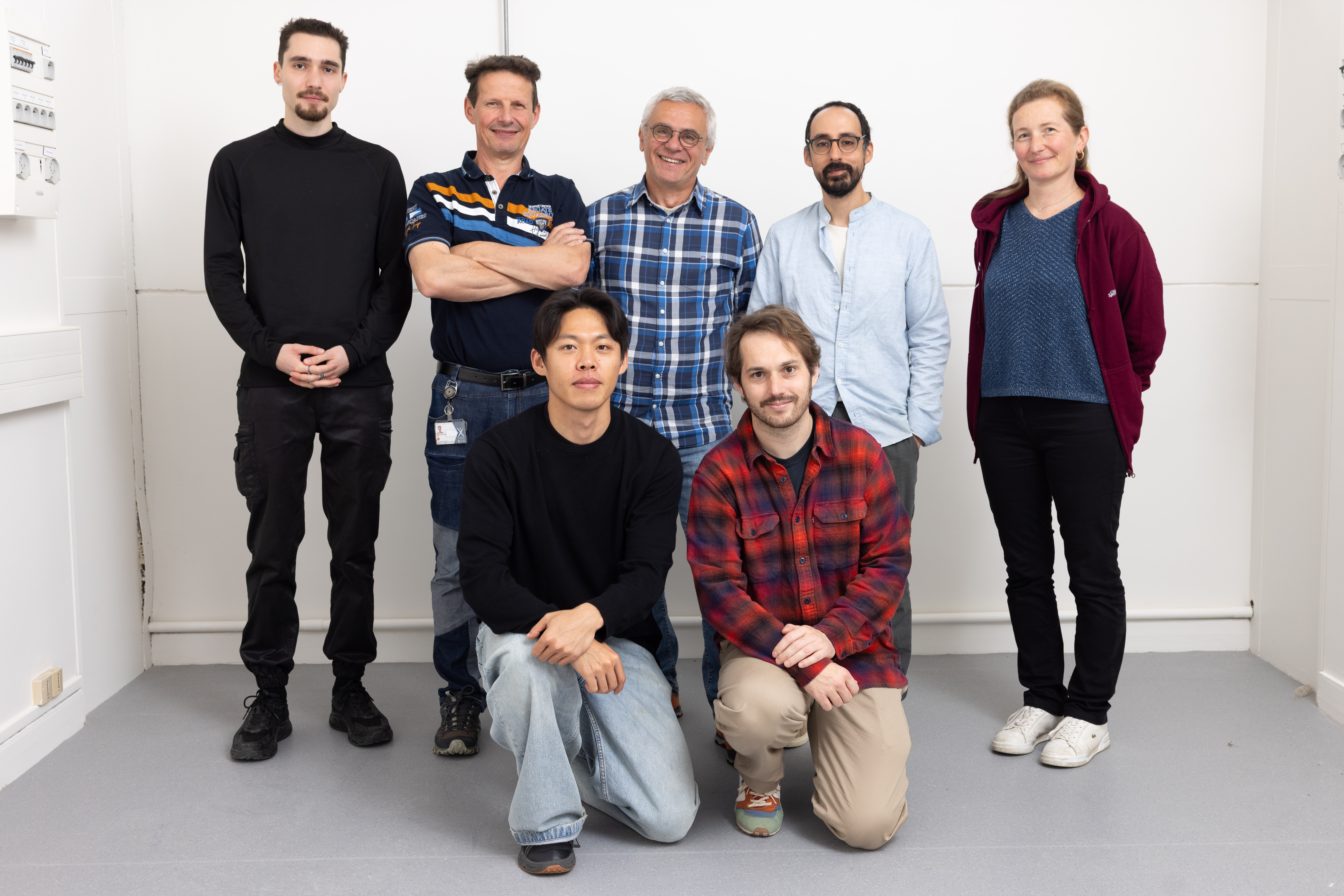
In 2017, Fabian brought a new research activity to École Polytechnique: the study of the optical properties of excitons in 2D semiconductors such as MoS₂ and WS₂. Soon after joining the PMC lab, Fabian set up a system to mechanically exfoliate van der Waals crystals and deterministically transfer single layers onto any kind of substrate in a well-controlled atmosphere. To obtain high-quality samples, 2D layers are encapsulated with very thin hexagonal boron nitride flakes. These materials have been studied by our team using a hyperspectral microscopy experiment that works with polarized light at low temperatures. By exploiting the optical selection rules, this experiment allows us to explore charge, spin, and valley dynamics in a variety of semiconductors at the micron scale. In the OneSPIN project, we aim to downscale these studies to single spins. We plan to integrate a scanning tunneling luminescence microscope inside an optical cryostat equipped with superconducting magnets. The goal is to simultaneously probe the atomic environment of defects and their optical and spin properties. Here is a list of the equipment relevant to this project.

